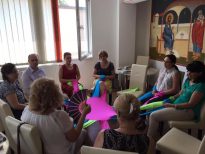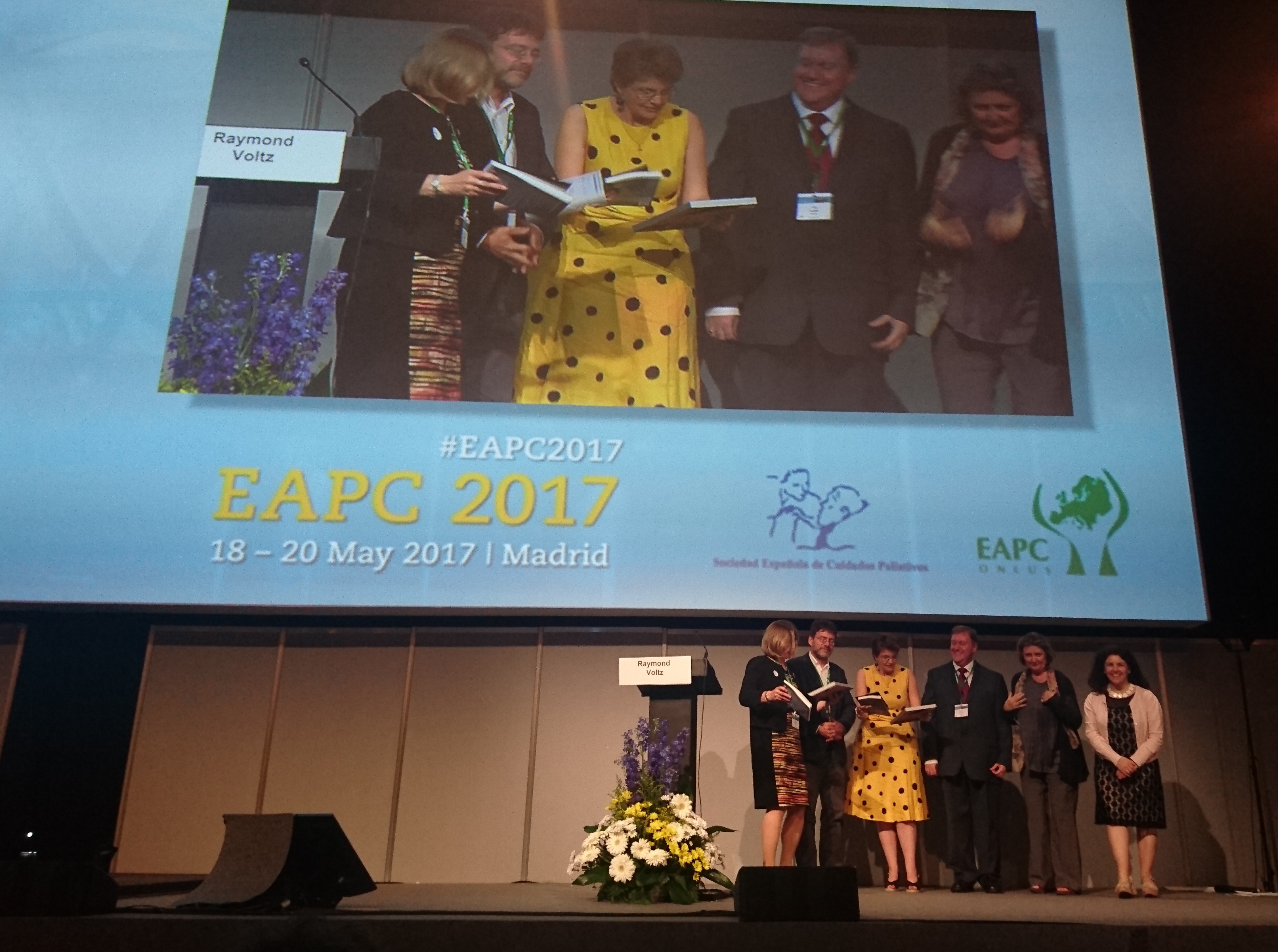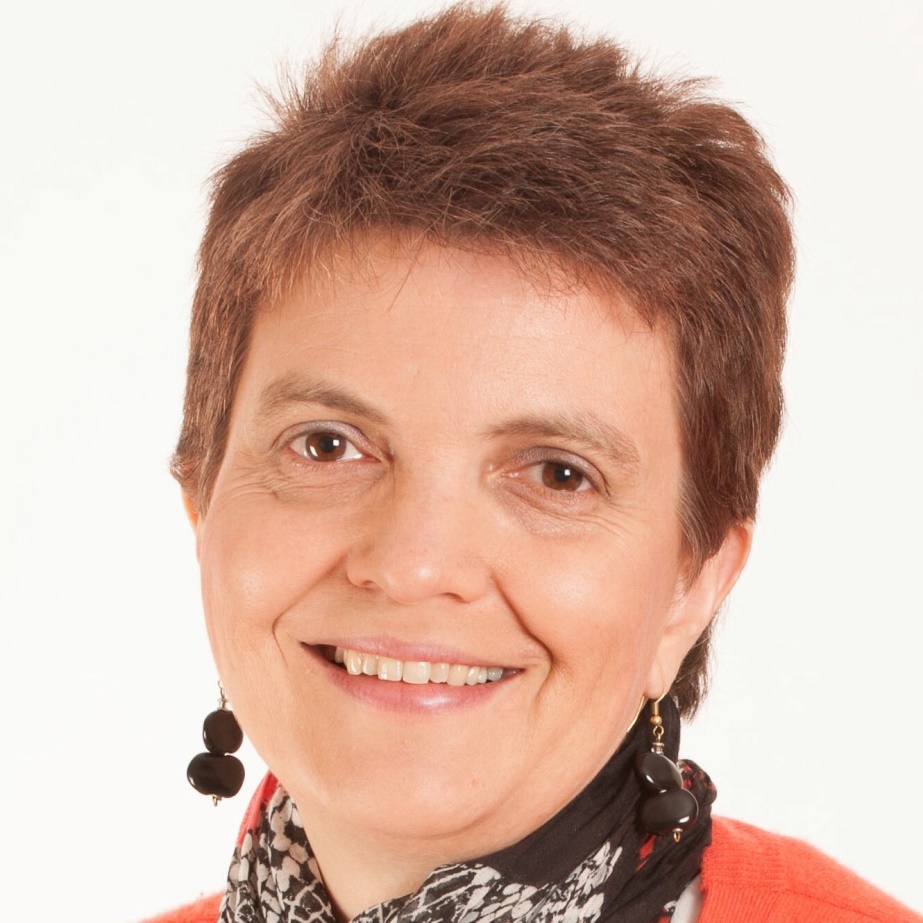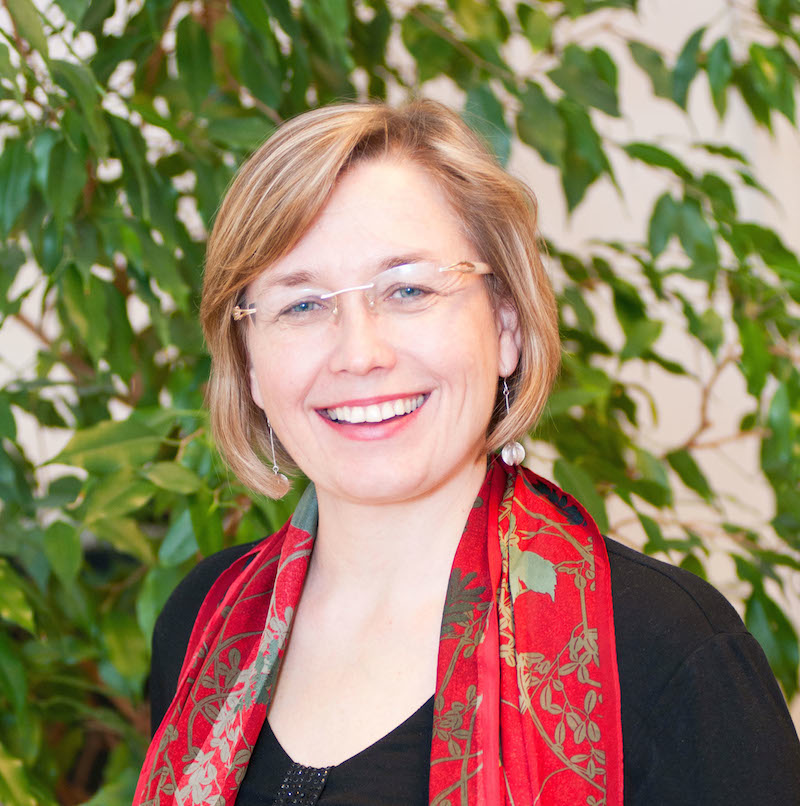
Georg Bollig, Marius Ciurlionis and Boris Knopf
Two EUPCA students and one alumnus are running an amazing project: Last Aid.
Most people want to die at home. Therefore the public should have knowledge and skills in end-of-life care. Between 2014-2015 pilot courses have been given in Norway, Denmark and Germany that have shown the feasibility and acceptance of the course.
The main goals of the current project were to establish an international Last Aid working group and to reach consensus on the curriculum for an international Last Aid Course.
European organisations such as palliative care organisations, health-services, the church were invited to enter the project working group. Each participating country was allowed to send up to two delegates to the meetings of the working group. The Last Aid Course curriculum from the pilot phase was reviewed and adapted by the working group members from seven countries. Consensus on an international Last Aid Course curriculum has been reached. The international presentation is now finished and work with translation into different languages as well as education of Last Aid Course instructors is ongoing.
For the future the inclusion of more countries is planned. Meetings of the international Last Aid working group shall be held with regular intervals of 1-2 years. In Germany, the second national symposium on Last Aid took place in October 2018.
The concept has won prizes and has been invited to Chancellor Angela Merkel.
Assoc. Professor Dr. med. Georg Bollig, founder of the Last Aid Courses and leader of the international Last Aid working group: “The participation in the EUPCA course has lead to a progress of the the Last Aid project and has been a great help to distribute Last Aid Courses to other European countries.“
We are very happy to hear about the great development of the project as well as the cooperation between EUPCA participants and alumni!
Latest News:
The International Last Aid working Group published an article about it recently. Read it here.
They also established a task force together with EAPC: https://www.eapcnet.eu/eapc-groups/task-forces/last-aid
More information can be found on the homepage: www.lastaid.info or by contacting Georg: georg.bollig@rsyd.dk

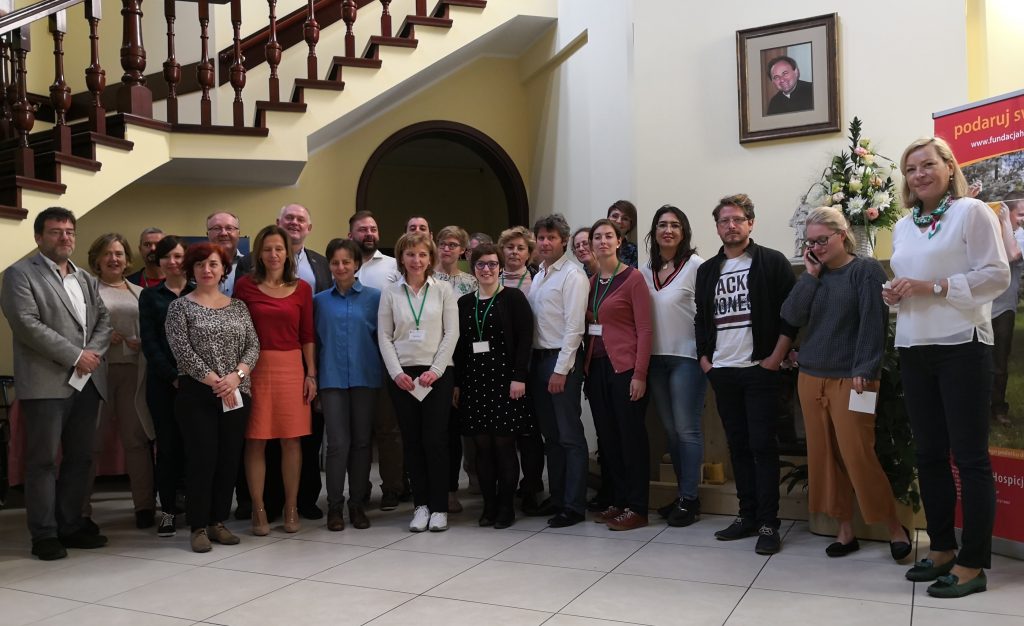 At the end of September 2018, our leaders and leaders in the making travelled to Gdańsk for the third course week of the European Palliative Care Academy. The course week was conducted by the Nicolaus Copernicus University of Torun and Hospice Foundation and took place at the Fr. Dutkiewicz Hospice in Gdańsk.
At the end of September 2018, our leaders and leaders in the making travelled to Gdańsk for the third course week of the European Palliative Care Academy. The course week was conducted by the Nicolaus Copernicus University of Torun and Hospice Foundation and took place at the Fr. Dutkiewicz Hospice in Gdańsk.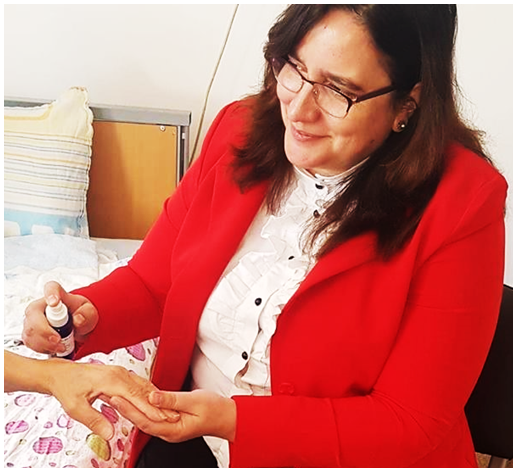 Adriana Caruntu, one of our former participants who is the head of the St. Nectarias Palliative Care Center in Bucharest, Romania, had the idea of implementing a new concept in palliative care. Adriana explains:
Adriana Caruntu, one of our former participants who is the head of the St. Nectarias Palliative Care Center in Bucharest, Romania, had the idea of implementing a new concept in palliative care. Adriana explains: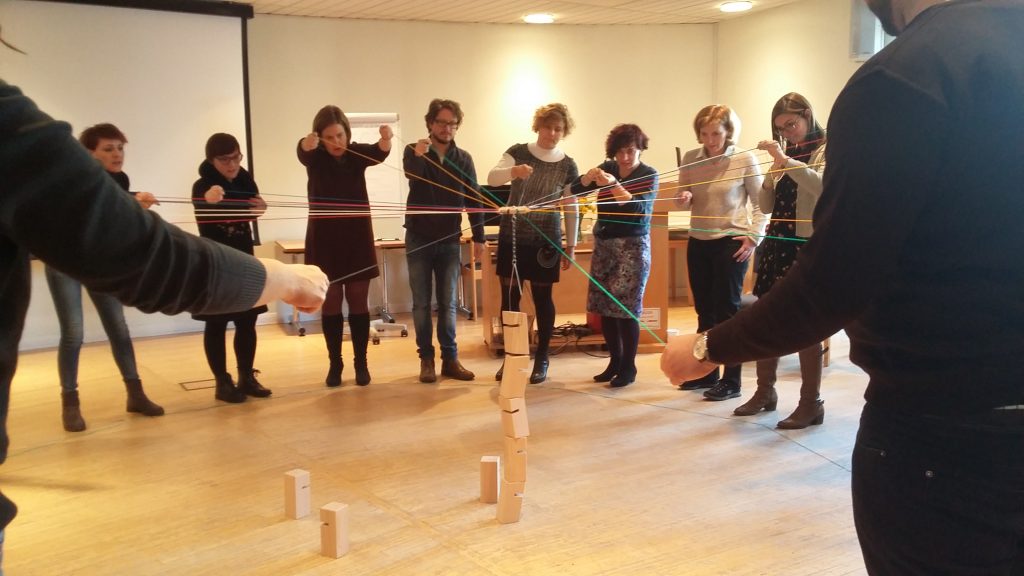
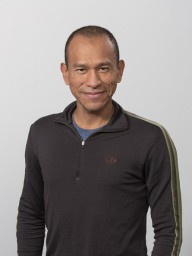 Within the course he developed a curriculum to improve the resilience of firefighters who are dealing with death and dying on their duty. In a qualitative study he identified needs and resources of firefighters and based a training curriculum on his findings. We are proud to share his publication. Please follow the
Within the course he developed a curriculum to improve the resilience of firefighters who are dealing with death and dying on their duty. In a qualitative study he identified needs and resources of firefighters and based a training curriculum on his findings. We are proud to share his publication. Please follow the  Voluntary Work in Action was the subject of the next two modules. It revolved around educational meetings in kindergartens, schools, parishes etc. in Silesia Voivodeship. We promoted palliative care in these institutions and invited people to become our volunteers in action. Interested people could then participate in fairs, collections and other projects as for example the one of Mrs. Iwona, one of our volunteers. She began her volunteer work by preparing beautiful and unique handicraft paper-daffodils to sell at the fair. By now, she has become a corporate volunteer – as a PKO employee – and helps us cooperate with the PKO Foundation which kindly gave us a donation as well. As indicated above, an important part of our project was the development of manual activities for patients. We used different techniques in our workshops, for example decouphage and artichoke handicraft, among others. This way, we could find out which techniques and materials will be suitable for our patients. This activity drew a lot of support by elderly people who helped us prepare handicrafts for the fair. In the first module, too, elderly people were among those helping out the patients, for example by spending time with them in the ward.
Voluntary Work in Action was the subject of the next two modules. It revolved around educational meetings in kindergartens, schools, parishes etc. in Silesia Voivodeship. We promoted palliative care in these institutions and invited people to become our volunteers in action. Interested people could then participate in fairs, collections and other projects as for example the one of Mrs. Iwona, one of our volunteers. She began her volunteer work by preparing beautiful and unique handicraft paper-daffodils to sell at the fair. By now, she has become a corporate volunteer – as a PKO employee – and helps us cooperate with the PKO Foundation which kindly gave us a donation as well. As indicated above, an important part of our project was the development of manual activities for patients. We used different techniques in our workshops, for example decouphage and artichoke handicraft, among others. This way, we could find out which techniques and materials will be suitable for our patients. This activity drew a lot of support by elderly people who helped us prepare handicrafts for the fair. In the first module, too, elderly people were among those helping out the patients, for example by spending time with them in the ward.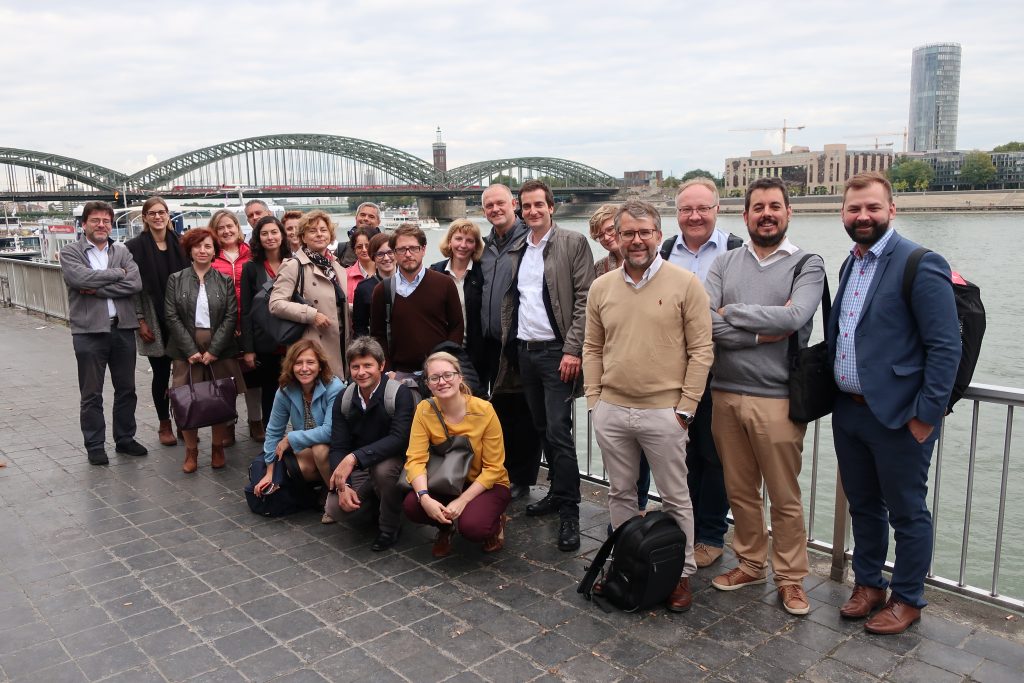 Aim of this unique further education course is to prepare specialists in palliative care for prospective leadership tasks in their professional lives. The European Palliative Care Academy focuses on Personal Development, Project Management, Teamwork, Research Methods and Advocacy and supports participants to successfully implement their personal project in their region or institution.
Aim of this unique further education course is to prepare specialists in palliative care for prospective leadership tasks in their professional lives. The European Palliative Care Academy focuses on Personal Development, Project Management, Teamwork, Research Methods and Advocacy and supports participants to successfully implement their personal project in their region or institution.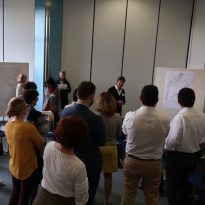
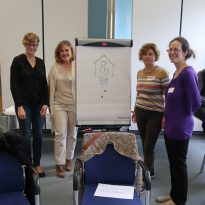
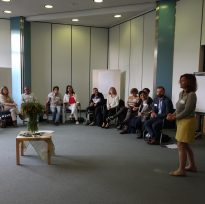
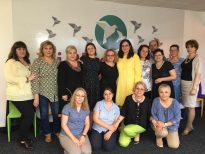 The first training course based on the psychological counseling curriculum in palliative care has recently ended in Bucharest, Romania. The course was structured into five modules which took place in June and July 2017. Adriana Caruntu was a lecturer in the first module. The second and third module were supported by the psychologist Mrs. Diana Vasile. Mrs. Florentina Nicolescu gave support in the fourth module and Mrs. Luxita Bara in the fifth module, both are psychologists, too. The course was considered a success for both – lecturers and participants.
The first training course based on the psychological counseling curriculum in palliative care has recently ended in Bucharest, Romania. The course was structured into five modules which took place in June and July 2017. Adriana Caruntu was a lecturer in the first module. The second and third module were supported by the psychologist Mrs. Diana Vasile. Mrs. Florentina Nicolescu gave support in the fourth module and Mrs. Luxita Bara in the fifth module, both are psychologists, too. The course was considered a success for both – lecturers and participants.